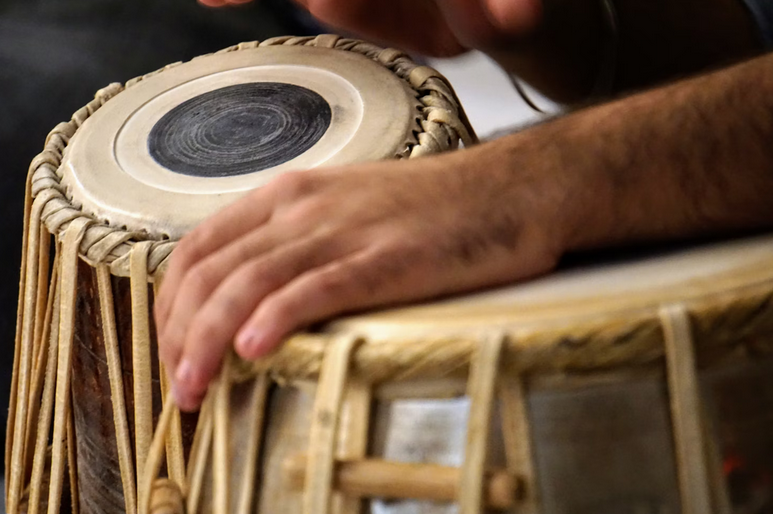Do you ever find yourself tapping your foot to a foreign melody or humming along to lyrics in a language you don’t understand? Music has an incredible power to transcend borders and connect people from different cultures. It serves as a universal language that unites us all. Today, we invite you on a fascinating journey through the rich tapestry of music history across nations.
Get ready to unlock the harmonies that have shaped civilizations, broken barriers, and left an indelible mark on our collective human experience. Join us as we delve into the importance of learning music’s cultural roots and discover how it can bridge gaps, break stereotypes, and foster greater understanding among diverse communities worldwide.
Cultural Insight

Music serves as a mirror reflecting the values, beliefs, and aspirations of a society. By exploring the history of music in different countries, one gains profound insights into the cultural fabric of those nations. From traditional folk tunes to contemporary compositions, the evolution of musical styles is intertwined with historical events, societal changes, and the collective experiences of people. Learning this history allows individuals to grasp the nuances of cultural expressions and the role music plays in shaping identity.
Preservation of Heritage
Many countries boast rich musical traditions that have been passed down through generations. Learning the history of music in these regions becomes a means of preserving cultural heritage. Traditional instruments, melodies, and compositions are a testament to the roots of a community, and understanding their historical context ensures that these cultural treasures are not lost to time.
By studying the history of music, individuals contribute to the ongoing preservation of diverse musical legacies. For example, the rythmic beat of the Claves is still heard in Afro-Cuban music today, thanks to the preservation of this traditional instrument and its influence on modern music.
Global Perspective
The history of music in various countries provides a unique lens through which to view global narratives. Different regions have distinct musical journeys influenced by geopolitics, migration, and cross-cultural exchanges. Exploring these narratives fosters a more comprehensive understanding of world history, encouraging individuals to appreciate the interconnectedness of societies and the role music plays in shaping global dynamics.
Artistic Evolution
Musical genres evolve and adapt over time, responding to societal shifts and technological advancements. Studying the history of music in different countries allows enthusiasts to trace the development of various genres—from classical to folk, jazz to hip-hop. Each genre carries a unique story, revealing the creative processes, societal influences, and artistic innovations that contribute to the rich tapestry of global musical expression.
Cross-Cultural Connections

Music has the power to transcend linguistic and cultural barriers, fostering connections between people from diverse backgrounds. Learning the history of music in various countries facilitates cross-cultural understanding and appreciation.
It promotes empathy by highlighting the common threads that bind us as humans while celebrating the beautiful distinctions that make each musical tradition unique. This shared appreciation can serve as a bridge, promoting cultural exchange and understanding.
Educational Enrichment
Integrating the history of music from different countries into educational curricula provides a holistic approach to learning. It nurtures well-rounded individuals with a broader worldview and a deeper appreciation for cultural diversity. Music education that includes global perspectives not only enhances students’ understanding of history but also cultivates critical thinking skills and promotes creativity.
Inspirational Influence
Contemporary music is often shaped by a myriad of influences, including those from different cultures. Learning the history of music in various countries allows aspiring musicians and composers to draw inspiration from a diverse palette of sounds, rhythms, and melodies. Exposure to global musical traditions can fuel creativity, leading to the development of innovative and fusion genres that push the boundaries of artistic expression.
In the symphony of human existence, the history of music in various countries represents a vibrant and harmonious chapter. It provides a lens through which to appreciate the diversity of cultures, the resilience of traditions, and the shared human experience. Delving into this rich tapestry of musical narratives is not just an academic pursuit but a journey of exploration, connection, and enlightenment. By understanding the history of music across nations, we contribute to the global conversation, fostering cultural appreciation and weaving the threads of our collective musical heritage.



